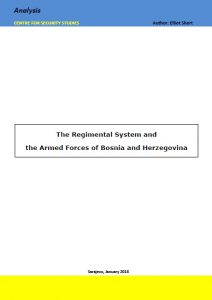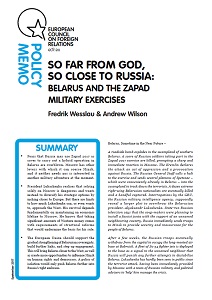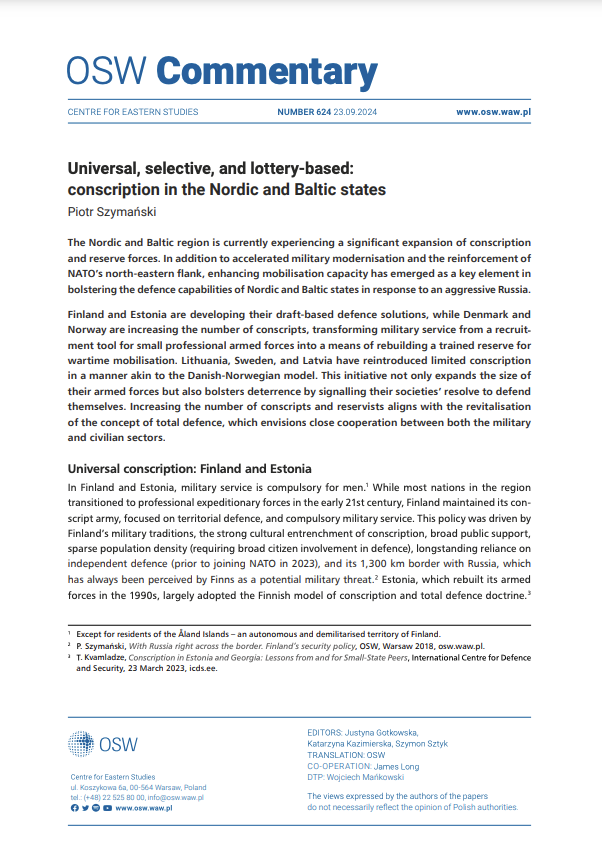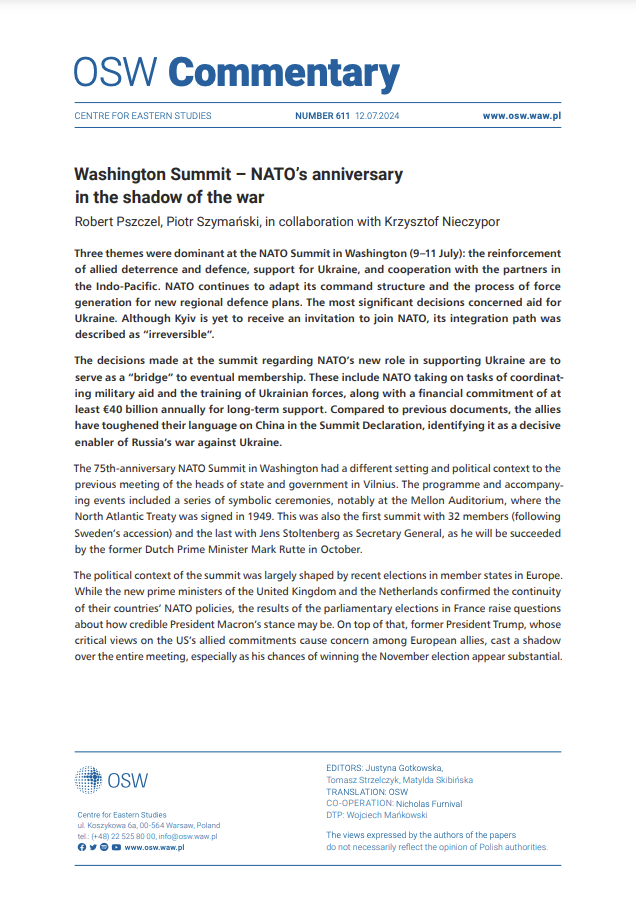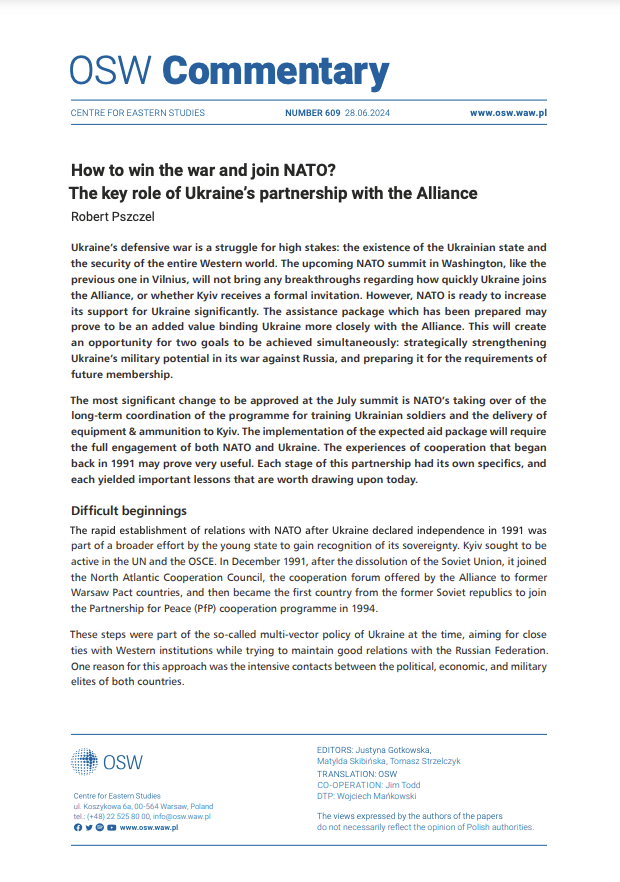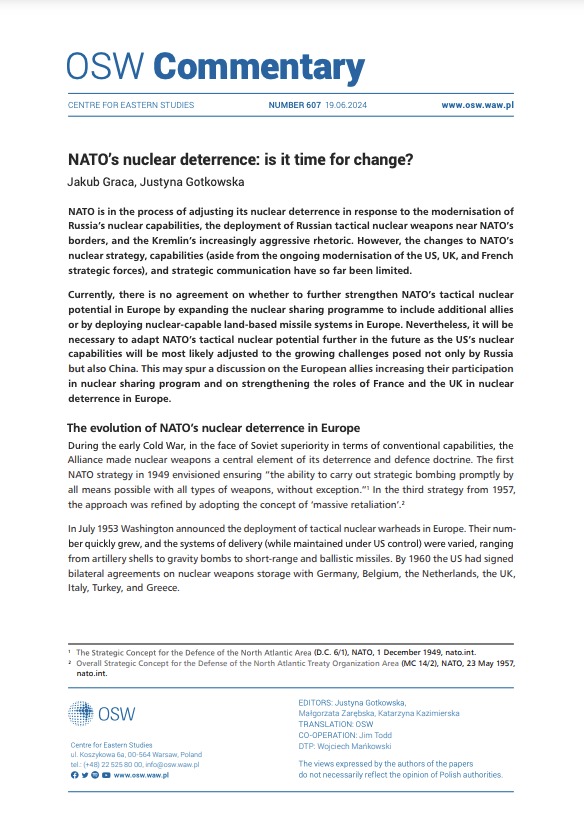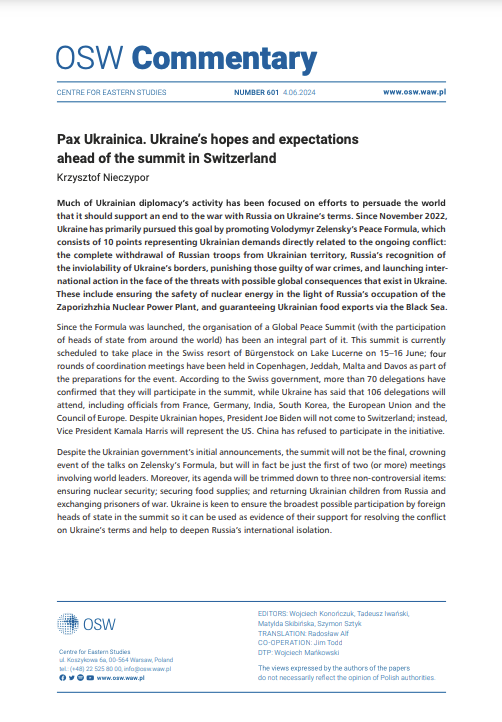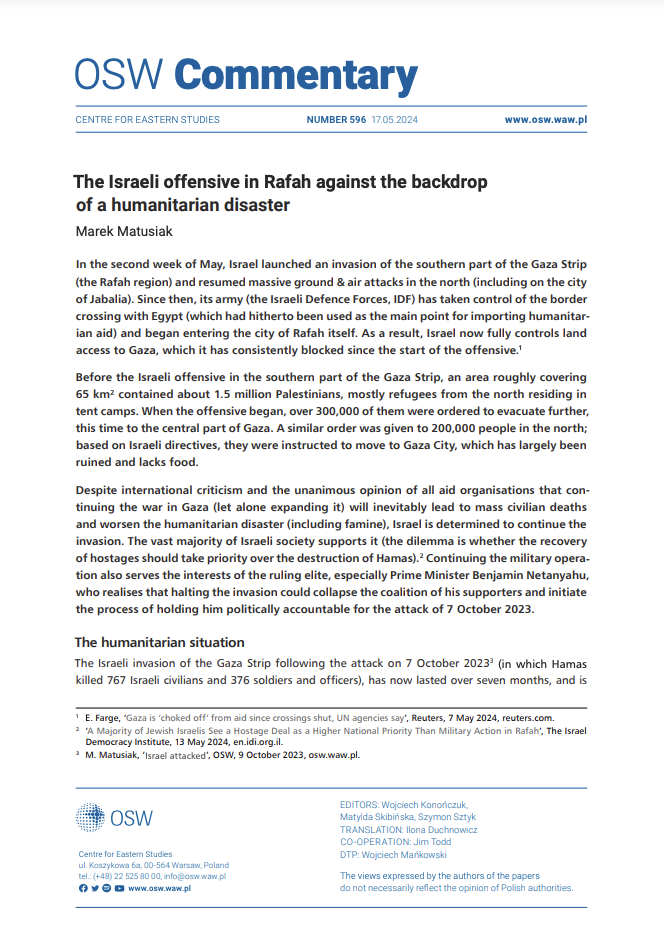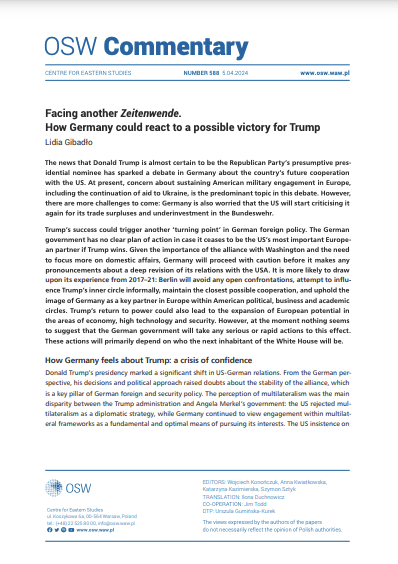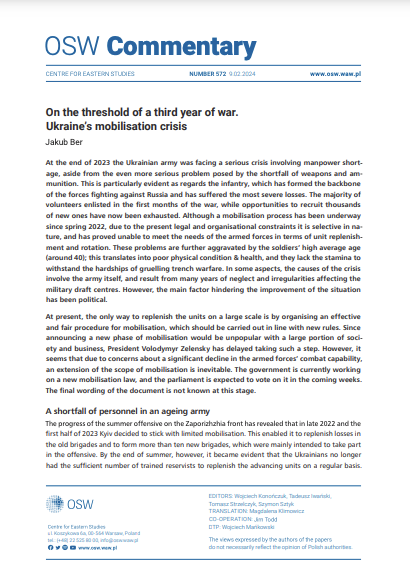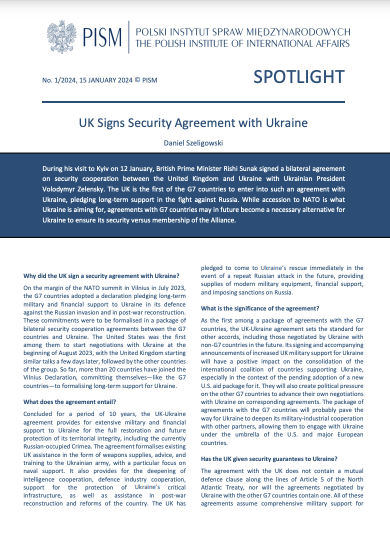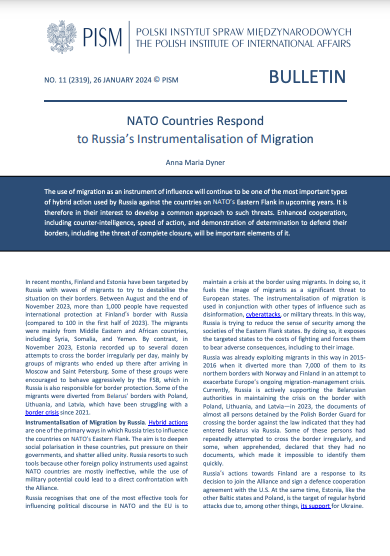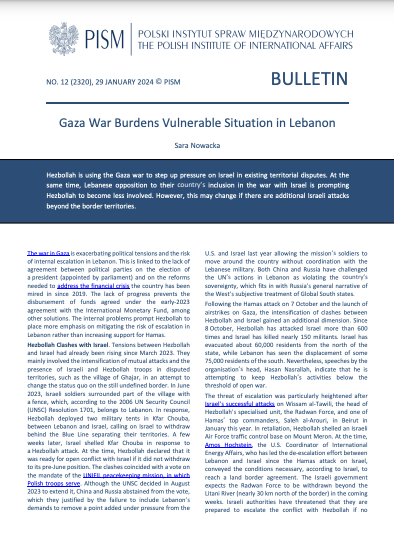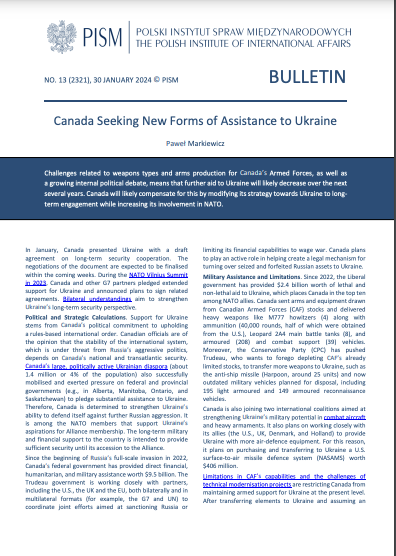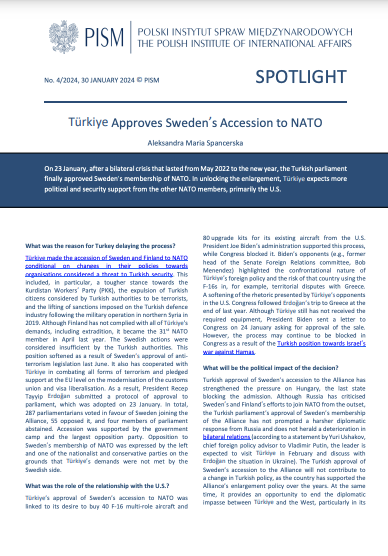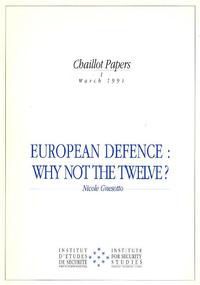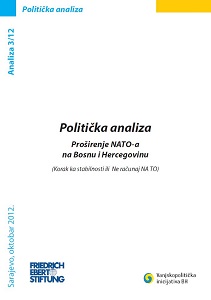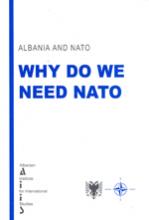
Albania and NATO. Why we do need NATO?
Few issues interest the Albanians more than their country’s Euro-Atlantic integration. However, while accession to the EU must for the moment, remains a distant dream, in recent months expectations have been raised that Albania might receive an invitation to join NATO in the Summit of Bucharest due in April 2008. Several ministers have made declarations to that effect and the media has been quite active in discussing the possibility, too. If this indeed proves to be the case, it would be hard to explain the sense of accomplishment Albanians would feel at the realization of their dream. // Because of the proximity of the Summit of Bucharest and the expectations that prevail in Albania concerning its possible invitation to join NATO in July 2007, AIIS decided to conduct a survey with four elite groups of the Albanian society. These groups are involved in the integration process more actively and directly than the ordinary Albanians are. The rationale behind the choice of target groups was based on the belief that these groups because of their position in society and their ability to influence decision-making. Therefore, it is interesting to ascertain the level of expertise that they possess on the NATO integration process. Because these groups, by their very nature, play a primary role in shaping the attitudes and beliefs of the public as a whole, by shaping attitudes one can also expect to gain a sense of what the public as a whole thinks of these issues.
More...
